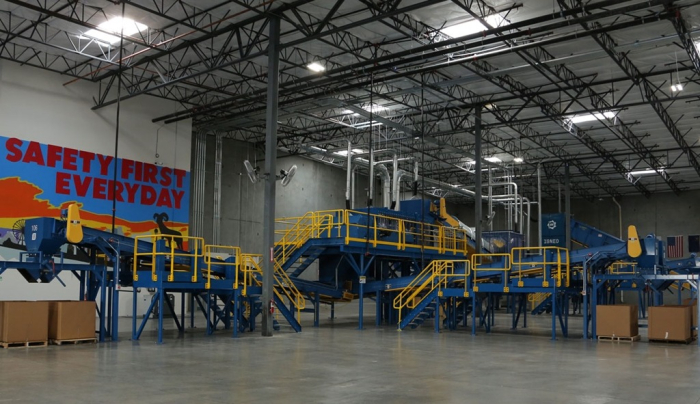Hanwha Group and LG Group are expected to support Korea Zinc Inc. in resisting a takeover attempt by MBK Partners Ltd., as the private equity firm’s acquisition could threaten their future collaborations with the global zinc and lead smelting leader, particularly in emerging sectors like battery recycling.
During the recent Chuseok holiday, Korea Zinc Chairman Choi Yun-birm reportedly met with Hanwha Group’s Vice Chairman, Kim Dong-kwan, to discuss strategies to counter MBK’s joint tender offer with Korea Zinc’s top shareholder, Young Poong Group. Industry sources revealed that Hanwha holds a 7.75% stake in Korea Zinc as of the end of June.
Choi is also believed to have garnered support from LG Group, with its chemical arm, LG Chem Ltd., owning a 1.89% stake in Korea Zinc. Hankook & Company Co., holding 0.75%, has already pledged its support for Choi.
“Choi managed to rally key shareholders during the Chuseok holiday, as they were displeased with MBK’s criticisms of his new business investments,” said one insider.
Hyundai Motor Group, holding a 5.05% stake in Korea Zinc, is reportedly aligned with this stance, though it has not officially confirmed its position.
Choi is expected to secure a 33.99% friendly stake, surpassing the 33.13% held by MBK and Young Poong, who are aiming to gain control of Korea Zinc with a takeover bid worth up to 2 trillion won ($1.5 billion).
Concerns Over Overseas Ventures
Korea Zinc’s stakeholders are concerned that the management conflict with MBK and Young Poong could negatively impact the company’s international operations.
MBK has criticized Korea Zinc’s acquisition of Igneo Holdings LLC, a U.S.-based electronic waste recycling company, as a failure. However, Korea Zinc defends the acquisition, citing its importance in securing critical battery materials such as nickel, cobalt, and manganese.
LG Chem and Korea Zinc, which swapped shares in 2022, have collaborated on raw material sourcing to meet U.S. EV incentive requirements. The two companies also established a joint precursor production venture in South Korea.
In Australia, Korea Zinc is expanding its partnership with Hanwha, with plans to invest $7.5 billion by 2030 in renewable energy sectors such as solar, wind, and green hydrogen—areas where Hanwha is also heavily invested.
Hyundai Motor Group has agreed to jointly invest in mining ventures with Korea Zinc to secure essential battery materials, including nickel.
Risks of Disruption
“Korea Zinc’s partnerships with Hanwha, LG Chem, and Hyundai Motor are primarily focused on overseas markets,” said another industry source. “There are concerns about potential disruptions to long-term investments worth hundreds of millions of dollars.”
Despite this backing from major conglomerates, Korea Zinc may still need financial resources to fend off MBK and Young Poong, as the duo plans to raise their combined stake above 40%.
Korea Investment & Securities Co., which holds a 0.8% stake in Korea Zinc, is reportedly raising 2 trillion won in collaboration with domestic and international private equity firms to aid Choi’s defense.
“We successfully secured commitments from local and foreign investors over Chuseok,” said a Korea Zinc official, referencing the Sept. 16-19 holiday. “We plan to continue increasing our stakes until October 4, the end of MBK’s tender offer.”


